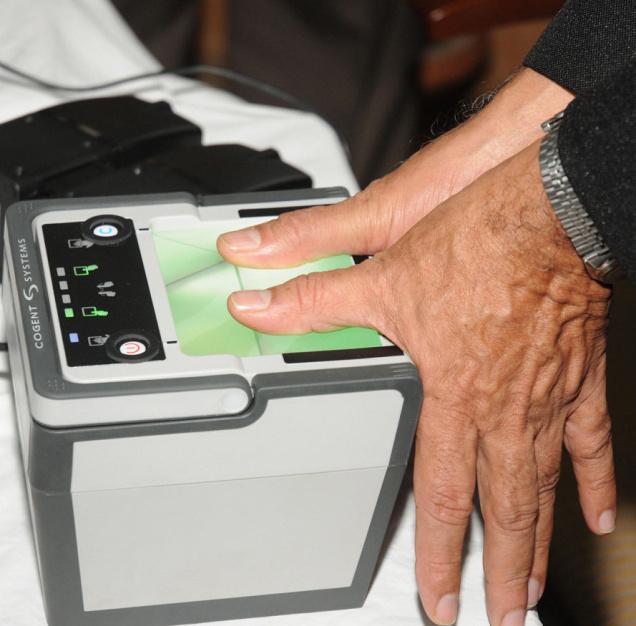December 23, 2011:
In my last column, I want to address the sensitive issue of designing an optimal system of checks and balances in our democracy. The unambiguous objective of a system of checks and balances is to achieve the highest degree of probity in public conduct and to safeguard public interest in the execution of government policies and programmes. This must be balanced with achieving a reasonable degree of efficiency and effectiveness in the conduct of public policies.
Often, an avoidable trade-off emerges between these two objectives; the disastrous result is that policy and programme implementation is stymied for fear of ex-post enquiry and retribution. The example of a senior secretary in the central government refusing to sign on an executive order of national importance to protect his/her post-retirement peace and sanity points to a system that has become dysfunctional.
The basic premise of a system of checks and balances is that all concerned, the policy maker, programme implementers and those conducting the preview, scrutiny and review process, are driven principally by the objective of serving the national interest. The system becomes dysfunctional and indeed perverse if those involved seek to serve not the national interest, but narrow selfish or partisan ends. This results in complete policy hysteresis, with senior executives and ministers either constantly watching over their shoulders and delaying decisions or passing the buck upwards, sideways or in to committees and GOMs for never-ending rounds of consultations and consensus-building that effectively denies any progress.
If our political class and senior bureaucracy are not careful in finding the right balance, there is a real danger we may end up stalling and indeed killing initiatives that could yield major breakthroughs in governance and in improving the delivery of public goods and services in the country.
The ongoing brouhaha over the UID (or Aadhaar) project demonstrates how this system of checks and balances can go awry. The project has been more than two years in the making. It has gone through several rounds of inter-departmental and indeed wider public review and scrutiny. I have attended more than one session where Nandan Nilekani and his team explained in great detail the objectives and detailed design of the programme.
I know first hand the efforts made to ensure that the project gained from diverse views, suggestions and critiques. But for any project to be completed in a given timeframe, such reviews must come to an end at some point.
An open-ended review process is simply dysfunctional and a bane of project execution. It has resulted in project implementation and execution becoming the single most debilitating feature of governance today. Those responsible for project review are expected to provide suggestions for mid-term corrections, if needed, but not re-start the entire process ab-initio and question the very basis of projects which have been cleared by their peers and counterparts.
To question the very basis of a project at the implementation stage smacks of partisan considerations and turf wars. These have emerged as a severe weakness in the formulation and execution of public policy in our country today.
The project in all its details went through inter-ministerial scrutiny and was cleared by the Cabinet. To argue now, two years after it had been cleared, that it duplicates the efforts of the National Population Register (NPR) being implemented by the Home Ministry defies comprehension. Cost estimates were surely presented to the Cabinet, and objections from the financial advisors and or other ministries on this account would have been useful at the planning stage rather than now.
PUBLIC SERVICES DELIVERY
The Department argued that such a card was not required, as it was already undertaking the NPR exercise.
Should we not question the time taken that NPR has taken? Should improvements in the delivery of our public services be stalled, only because one needs to wait for this project to be completed? And, perhaps the much lower costs claimed for this project (and one wonders how transparently and rigorously these are computed) could well be the reason for its non-completion and its inordinate delays.
There is a well known saying – let not the perfect become the enemy of the good. We should apply this to the UID project. UID will surely generate data far superior to what is available today. The transparency and efficiency levels of the UID project could have been usefully replicated in other public programmes.
Instead, we are seeing a concerted attempt to discredit it. I wonder if there is a coalition of vested interests making a concerted bid to push back the programme, which when completed will make the system of public deliveries far more transparent and accountable.
We must come together to ensure the success of the UID Project.

